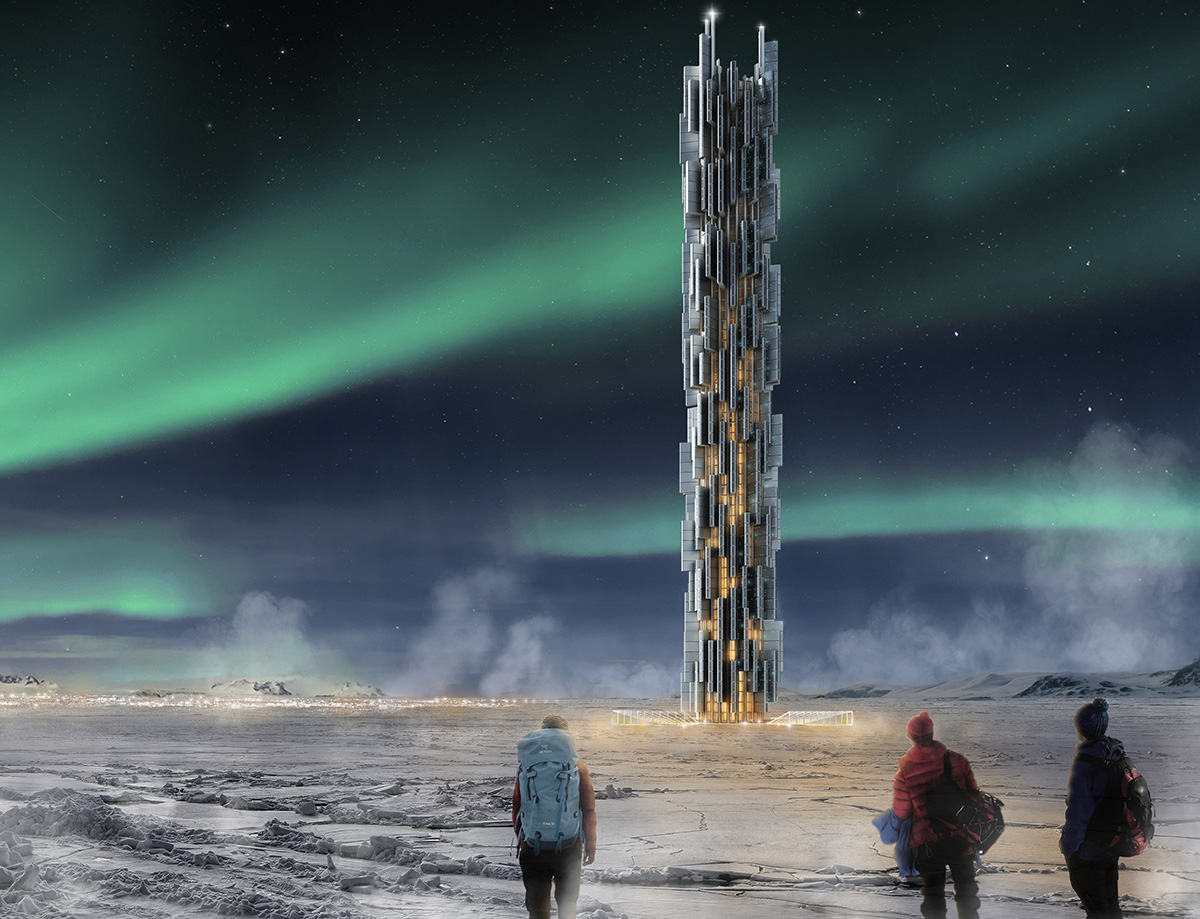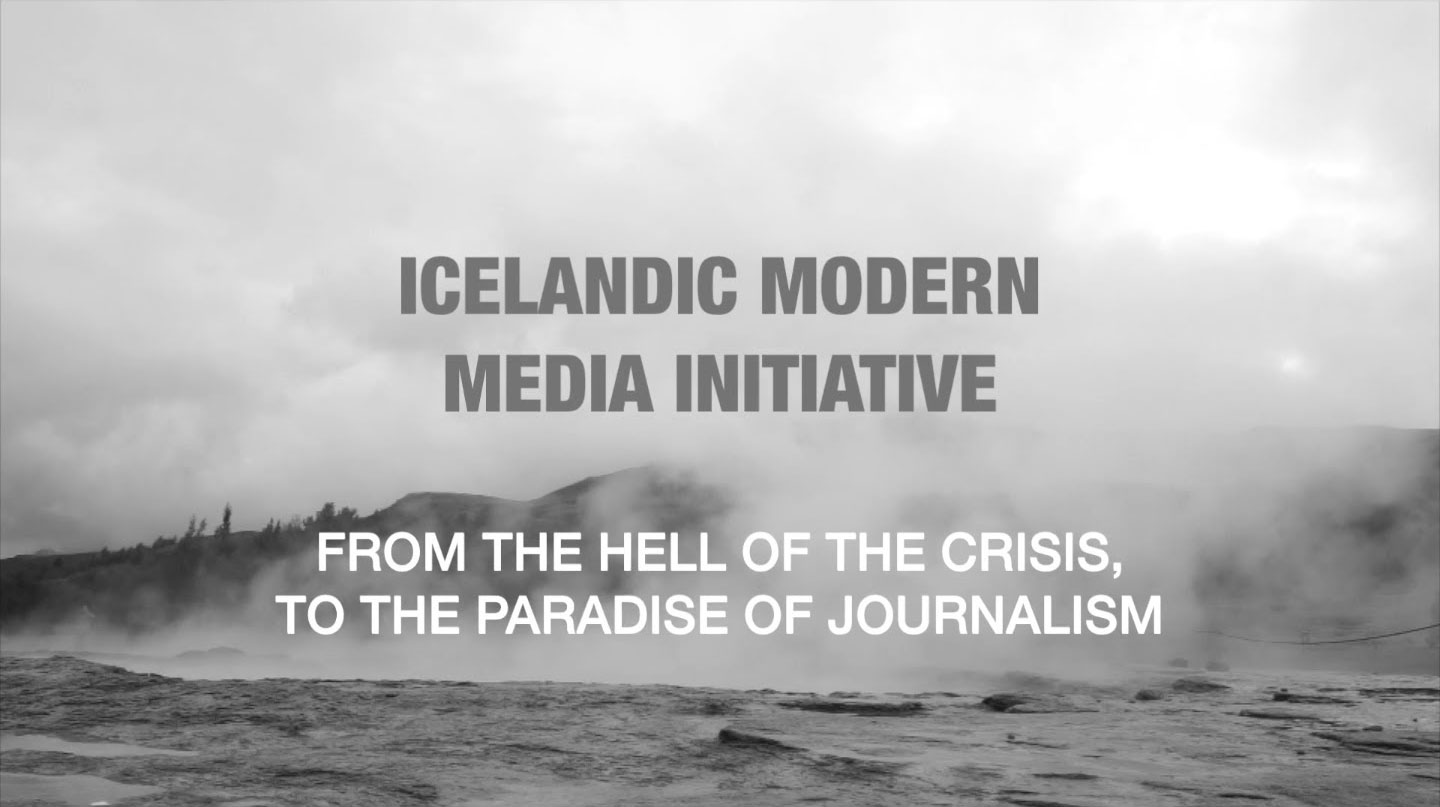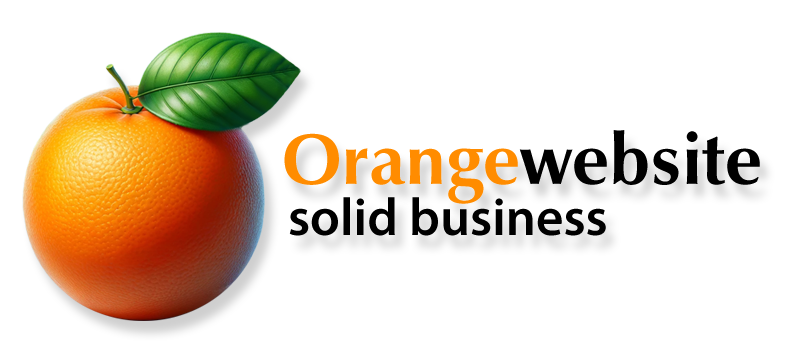
by Ragnar Loðbrók | Hosting Security
The 2016 Data Centre Risk Index, published by Cushman & Wakefield (C&W), has moved Iceland to the number one position among 37 countries as the safest location for remote data storage, while the United States dropped from the number 1 to the number 10...

by Ragnar Loðbrók | Freedom of Speech
Democracy is evolving, and Iceland is leading the change. As vigorous proponents of radical transparency, freedom of expression and speech, publishing process protections, and rights to privacy, Iceland is developing the first political consensus that comes from the...
by Simon Slumstrup | Culture, Iceland, News Stories
When you think of Iceland, images of fiery volcanoes, imposing mountains, craggy peaks and vast glaciers come to mind. Iceland also has rich green land, vibrant cities, and farms, but more importantly, it has a rich creative culture that has bound its society together...
by Oliver Bensson | Iceland
If you’re going to travel to an exotic destination like Iceland, it’s a good idea to get a souvenir or two. Whether it’s for yourself or someone else, there are some very special things travellers should see (and possibly bring home). 1. Volcanic...

by Ragnar Loðbrók | Hosting Security, Online Privacy
The Growth of Digital & Virtual Assistants They are referred to by various names including digital assistants, virtual assistants, voice assistants, and most recently smart speakers. Odds are you or someone you know has or soon will have one in their home. You may...





Recent Comments